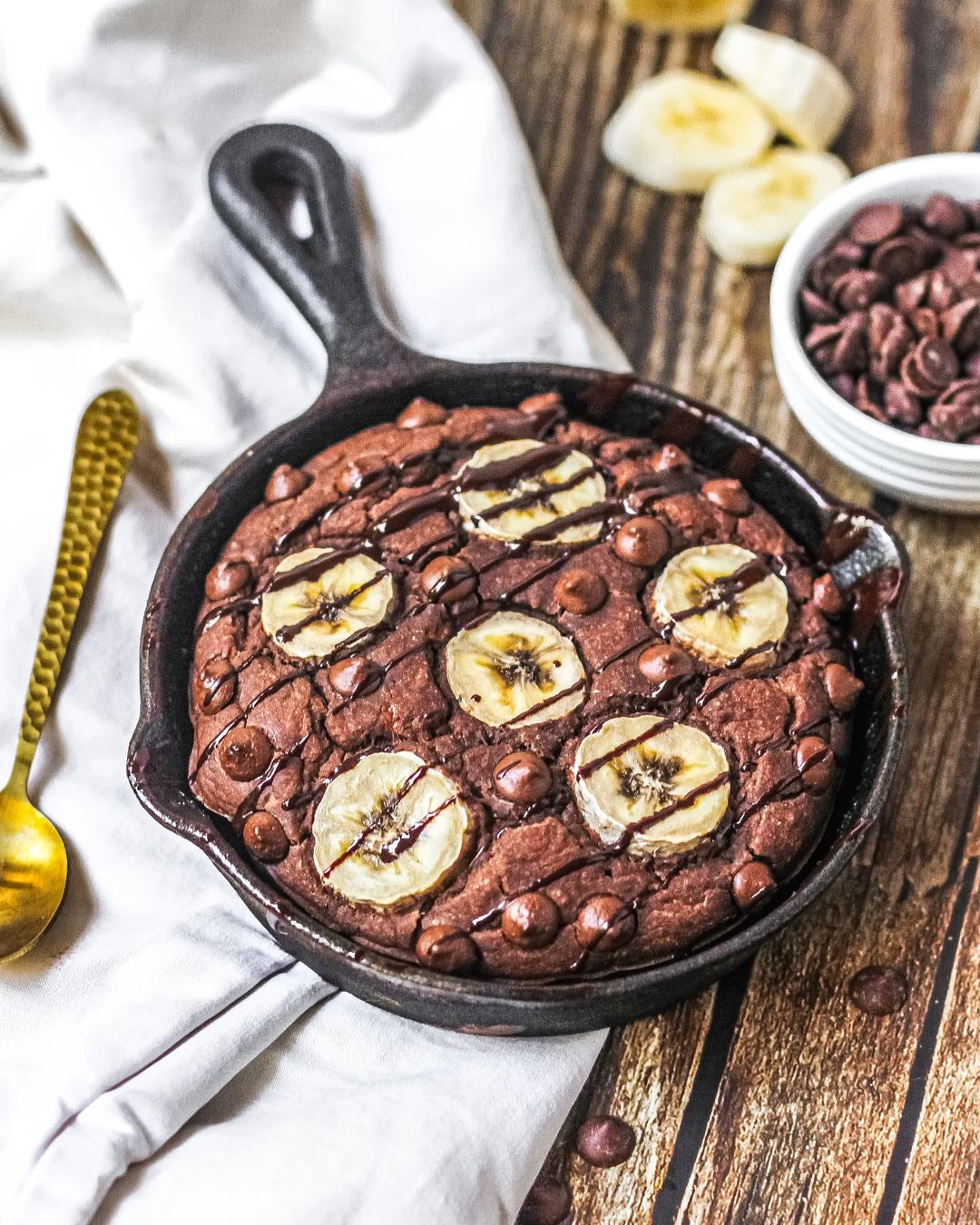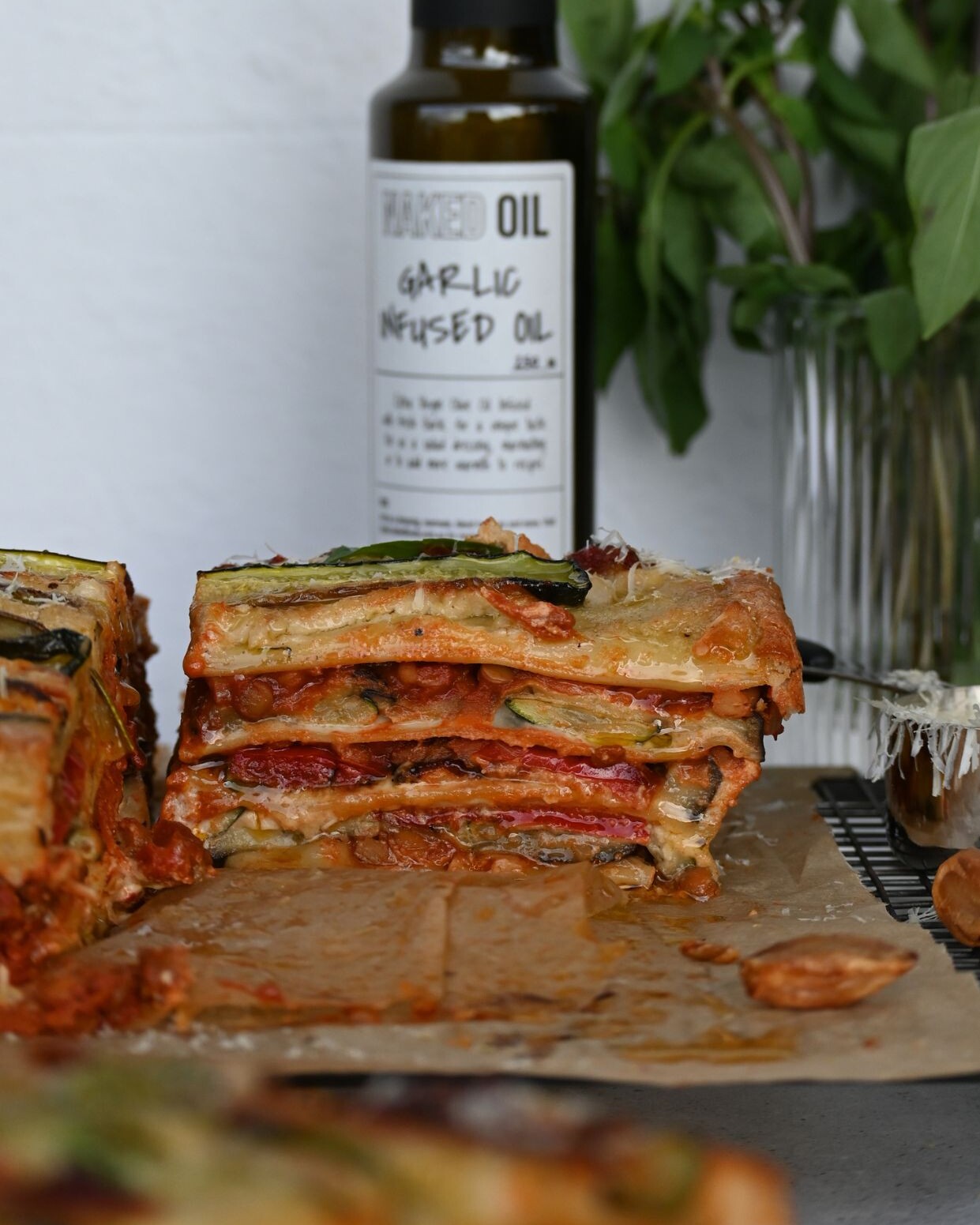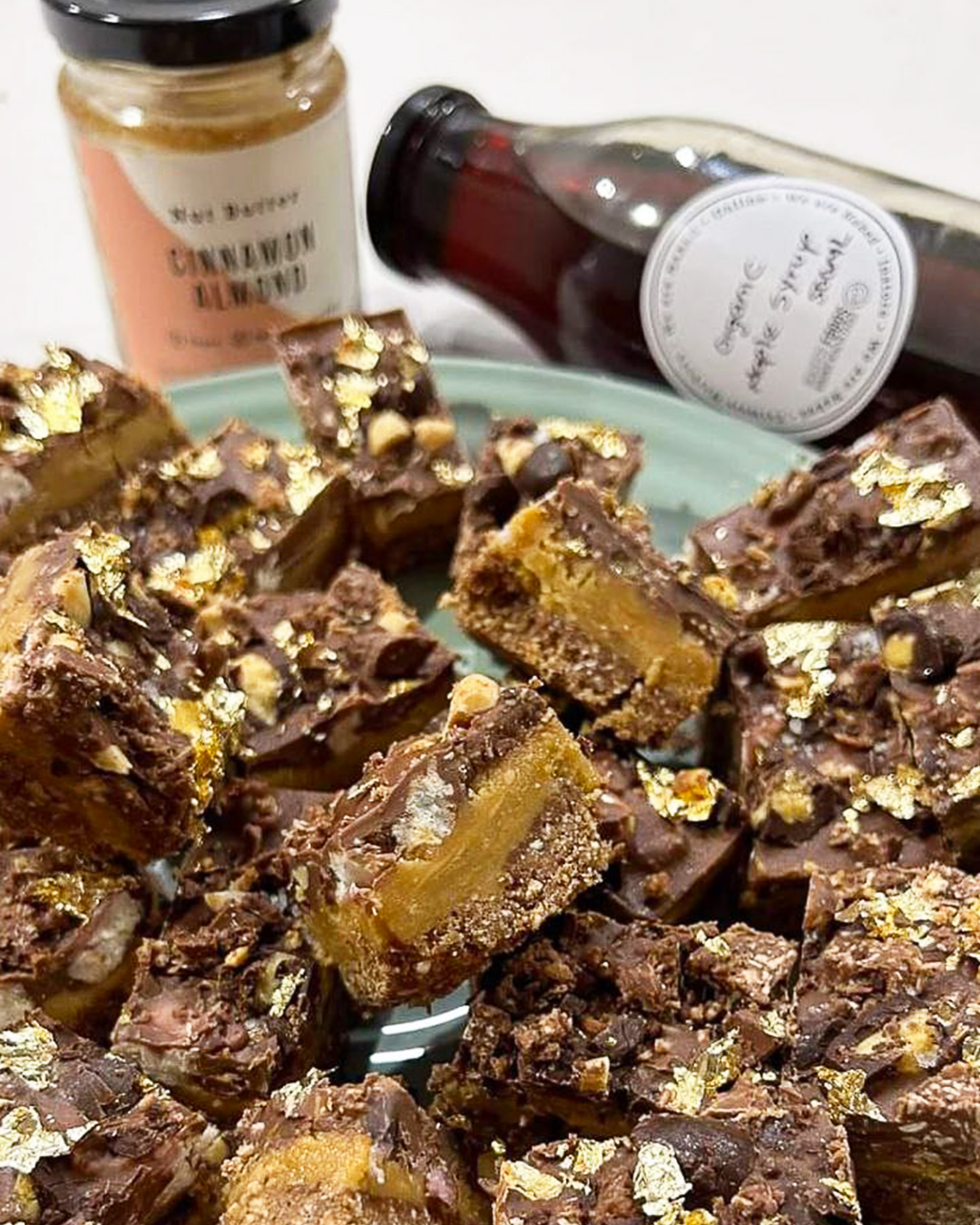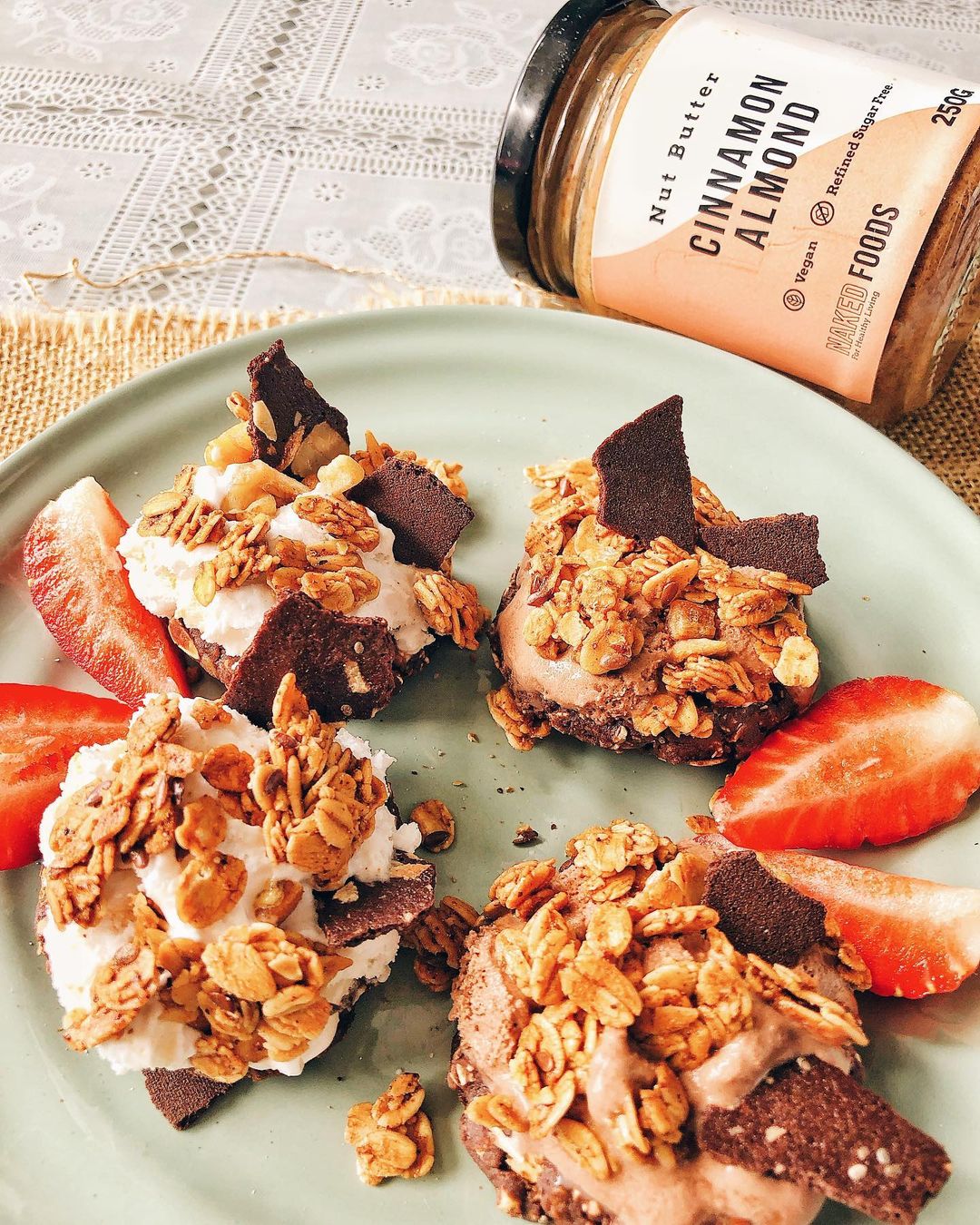In today’s fast-paced society, maintaining good energy levels is a common struggle most of us know all too well. It is also one of the most common issues clients see us for in our online dietitian clinic.
Just as a car needs to be filled with petrol to run smoothly, our body needs a host of nutrients to keep us fuelled too.
Here are the top five essential nutrients to boost your energy levels:
Fibre-rich Carbohydrates
When it comes to boosting your energy, carbohydrates are key. Adding in foods rich in both fibre and carbohydrates at each meal and snack is the foundation for sustained energy across the day. Carbohydrates are the body’s preferred (and brains only) source of energy.
For long lasting energy release across the day, we recommend choosing fibre-rich carbs. This includes wholegrains such as oats, barley, quinoa, buckwheat and grain/wholemeal bread products as well as starchy veg such as potato and sweet potato and fruit.
This might look like opting for porridge or a bircher muesli for breakfast, a salad with quinoa or barley at lunch and a buckwheat pasta dish at dinner. Grain crackers with nut butter, dried fruit and nuts, fruit smoothies, oatmeal cookies or yoghurt topped with muesli make some great snack ideas.
Refined carbohydrates can also give burst of energy, but closely follow by energy crashes. This could include foods like biscuits, chocolate, and lollies. Although these foods are fine in moderation, they won’t give us the slow, sustained release of energy that we are looking for.
Iron
If you ever visit our online dietitian clinic for poor energy levels, one of the first things we do is check your iron levels. This is because iron has an essential role in energy production by transporting oxygen around the body.
When we don’t have enough iron in our body, we can experience brain fog, poor concentration and tiredness.
Getting enough iron in the diet can be especially challenging if you don’t eat meat, seafood and eggs which are some of our richest sources of dietary iron.
Luckily, there are still lots of plant-based sources you can swap them for! These include legumes (especially kidney beans, chickpeas and lentils), wholegrains such as amaranth, oats and quinoa and nuts and seeds (especially pumpkin seeds, hemp seeds and tahini).
B Vitamins
Our B complex vitamins don’t directly provide the body with energy but without them we would definitely notice a big dip in our energy levels! This is because they play pivotal roles in the energy production process to allow our bodies to extract and use energy from nutrients such as carbohydrates.
Luckily, there are plenty sources of B vitamins you can choose from to add in at each meal. These include wholegrains, nuts and seeds and legumes. When it comes to making sure you cover all B vitamin bases, diversity is key as every food will contain its own unique profile of nutrients!
Selenium
Whilst selenium doesn’t directly help with improving energy levels, it is a key nutrient for proper thyroid function which does play a big role in maintaining energy levels throughout the day! And, the best way to get in your selenium needs is Brazil nuts. In fact, just 1-2 Brazil nuts per day covers your entire daily selenium requirements!
Healthy Fats
Healthy fats are one of the most energy-rich foods in the diet. Not only can they directly help to boost our energy levels, they also help with the absorption of fat soluble vitamins A, D, E and K and help to maintain healthy hormones.
It’s beneficial to include a healthy fat source throughout your meals and snacks during the day. This might look like adding peanut butter or walnuts to your breakfast, having peanut butter on wholegrain crackers as a snack or adding cashews to your vegetable stir-fry.
About The Author: Kiah Paetz, Accredited Practising Dietitian Nutritionist
This article was written by the team, The PNW Clinic, Australia’s Leading Online Dietitian Clinic. We believe in nutrition that’s simple, sustainable and stress free. Our team of specialist dietitians is passionate about helping you build a healthy relationship with food, optimise your nutrition, and resolve uncomfortable digestive symptoms.










